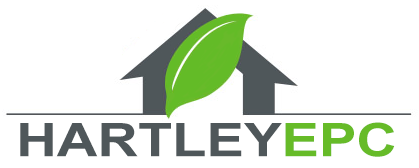1. Overview
Buying or selling a home normally takes 2 to 3 months. The process can take longer if you’re part of a chain of buyers and sellers.
There are several steps you’ll need to follow:
- sellers must provide an Energy Performance Certificate for the property
- if a seller is using an estate agent, potential buyers must make any offers through the agent
- once a buyer’s offer has been accepted, the seller’s responsible for drawing up a legal contract to transfer ownership
- an offer isn’t legally binding until contracts are exchanged
- depending on the amount given for property, the buyer may have to payStamp Duty Land Tax
2. Energy Performance Certificates
Energy Performance Certificates (EPCs) are needed whenever a property is:
- built
- sold
- rented
You must order an EPC for potential buyers and tenants before you market your property to sell or rent.
In Scotland, you must display the EPC somewhere in the property, eg in the meter cupboard or next to the boiler.
An EPC contains:
- information about a property’s energy use and typical energy costs
- recommendations about how to reduce energy use and save money
An EPC gives a property an energy efficiency rating from A (most efficient) to G (least efficient) and is valid for 10 years.
Check how you could make your home more energy efficient using theEPC adviser.
How to get an EPC
You’ll need to find an accredited assessor if you’re selling or renting out your home in:
They’ll assess your property and produce the certificate.
You can be fined if you don’t get an EPC when you need one.
The person selling the house, the landlord or the letting agent must show you the EPC if you’re buying or renting.
Buildings that don’t need an EPC
These include:
- places of worship
- temporary buildings that will be used for less than 2 years
- stand-alone buildings with total useful floor space of less than 50 square metres
- industrial sites, workshops and non-residential agricultural buildings that don’t use a lot of energy
- some buildings that are due to be demolished
- holiday accommodation that’s rented out for less than 4 months a year or is let under a licence to occupy
- listed buildings – you should get advice from your local authority conservation officer if the work would alter the building’s character
- residential buildings intended to be used less than 4 months a year
